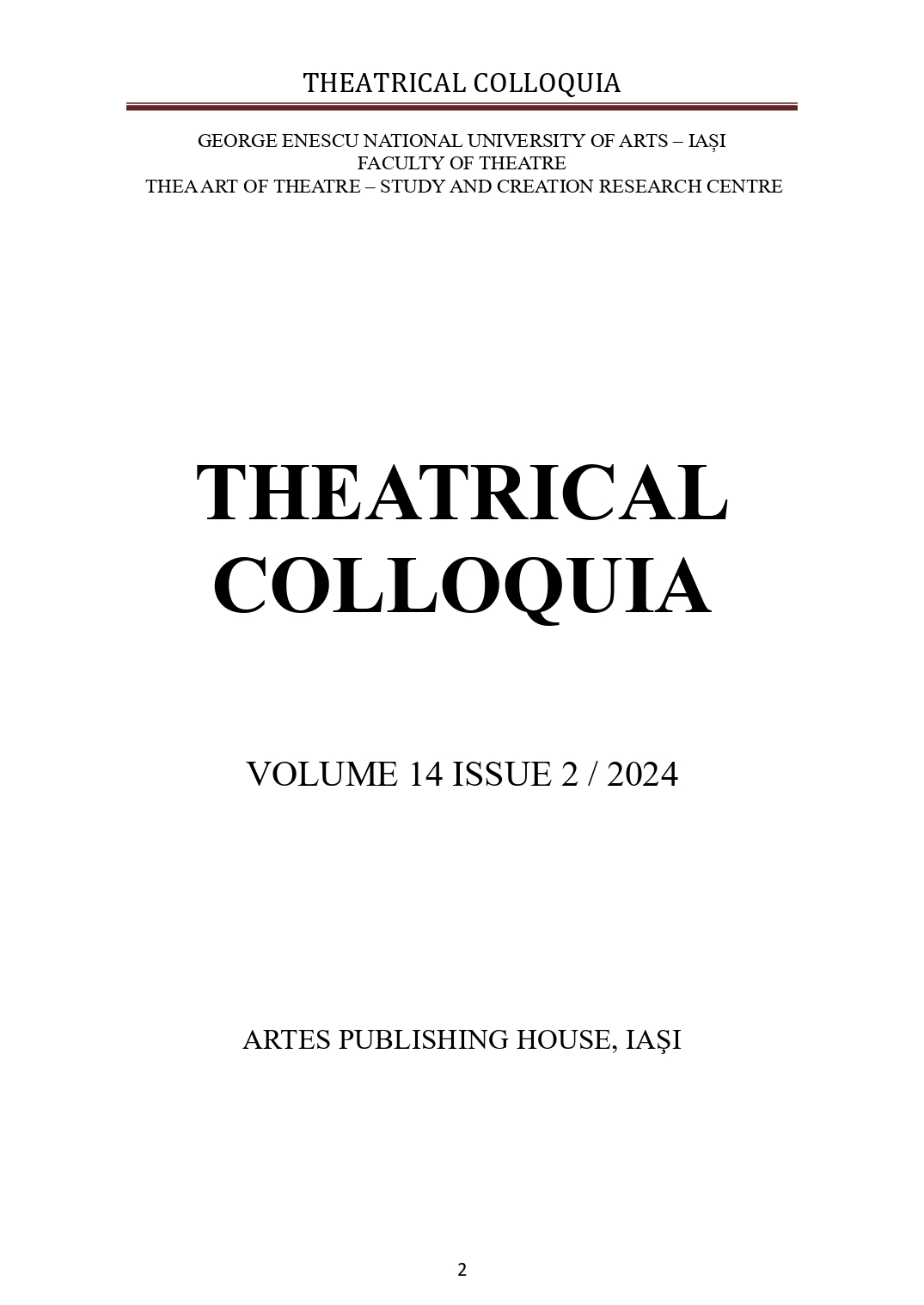Michael Haneke’s Glaciation Trilogy: A Pessimistic Vision of Contemporary European Society
Michael Haneke’s Glaciation Trilogy: A Pessimistic Vision of Contemporary European Society
Author(s): Diana Nechit, Andrei C. ŞerbanSubject(s): Theatre, Dance, Performing Arts, Fine Arts / Performing Arts, Film / Cinema / Cinematography
Published by: Editura ARTES
Keywords: Michael Haneke; Glaciation Trilogy; reification; hazard; social environment; media; image
Summary/Abstract: Cinema is par excellence a medium that captures the social and political mutations of an era, while observing the individual facing the historical mechanisms of their times. This article proposes a brief analysis of how Michael Haneke depicts some of the main identity mutations of modern bourgeois society in his debut films, the so-called Glaciation Trilogy: The Seventh Continent, Benny’s Video, 71 Fragments of a Chronology of Chance. Concerned with the ways media and the capitalist principles alter the perception of the individual and their relationship with their domestic and social environment, Haneke adopts in his cinema a bleak perspective on the programmatic dehumanization of the 20th century’s last decades. Our analysis departs from the concept of “reification of life”, while eventually tackling the way the media and “hazard” structurally influences the cinematic narrative, in order to illustrate a cynical and pessimistic x-ray of the modern family crisis.
Journal: Colocvii teatrale
- Issue Year: 14/2024
- Issue No: 2
- Page Range: 129-151
- Page Count: 23
- Language: English

